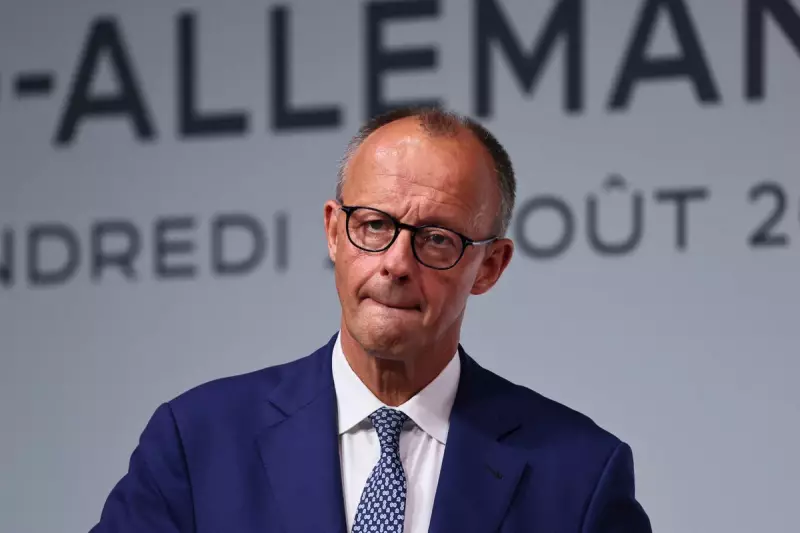
In a powerful intervention that increases pressure on the German Chancellor, the leader of Germany's opposition has publicly endorsed Ukraine's right to use Western-supplied weaponry to strike military targets inside Russia.
Friedrich Merz, head of the Christian Democratic Union (CDU), declared his firm support for the policy shift during an interview, directly challenging the current stance of Olaf Scholz's government. This move signals a potential breakthrough in a debate that has caused significant friction within NATO.
A Growing Consensus in the West
Merz's statement aligns Germany's main opposition party with a rapidly evolving position among key Western allies. Both the United States and France have recently given Kyiv their tacit approval to use donated arms for cross-border strikes aimed at degrading Russia's military operations.
This growing consensus highlights a strategic pivot, recognising that Ukraine's ability to defend itself is severely hampered if it cannot target Russian forces massing just across the border.
Scholz's Reluctance and The Taurus Missile Question
The debate in Germany has been particularly intense regarding the long-range Taurus cruise missile system. Chancellor Scholz has repeatedly vetoed sending the missiles to Ukraine, fearing it would draw Germany directly into the conflict.
Merz criticised this hesitation, arguing that it leaves Ukraine vulnerable. "It is Ukraine's right under international law to defend itself against these attacks," he stated, emphasising that the right to self-defence includes striking legitimate military targets at their point of origin.
Implications for German Foreign Policy
Merz's declaration is more than just political posturing; it represents a fundamental shift in the German foreign policy landscape. With the CDU leading strongly in national polls, his position offers a clear alternative to Scholz's Social Democrats and could force a government rethink.
This internal pressure from the opposition, combined with external pressure from allies, creates a pivotal moment for Chancellor Scholz. His government must now weigh its caution against the urgent pleas from Kyiv and a changing tactical reality on the ground in Ukraine.





